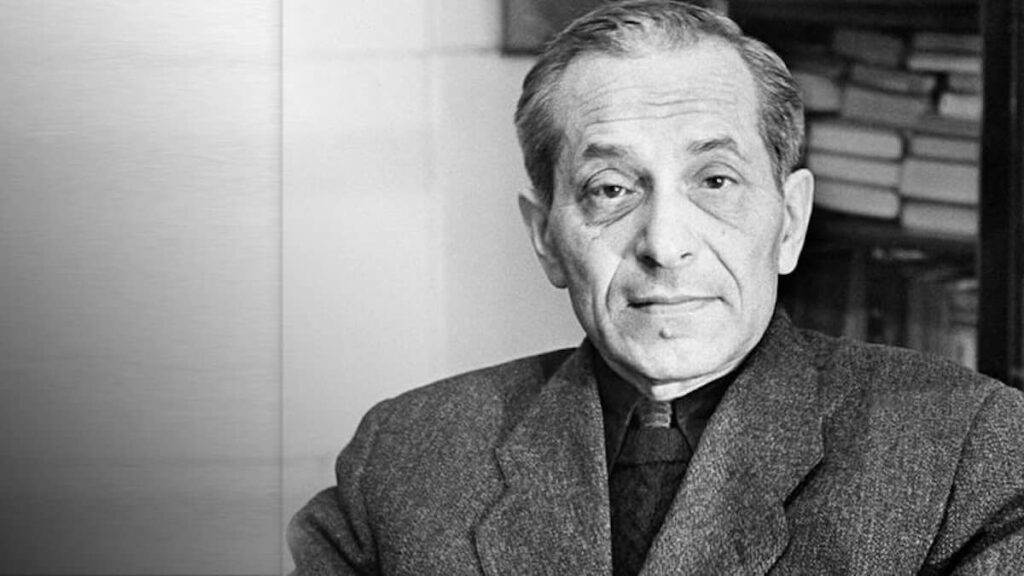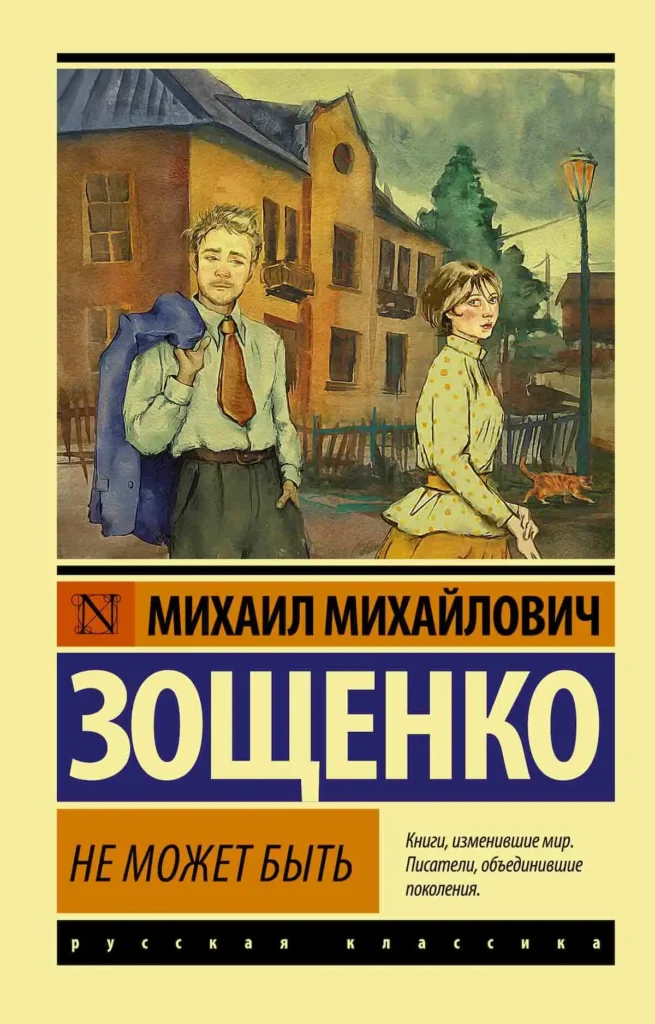Mikhail Mikhailovich Zoshchenko was famous across the entire Soviet Union — and beyond. He entertained millions with his short stories and satirical sketches.
This writer told stories about the everyday lives of ordinary people. But he presented them in a witty, humorous way.
Today’s youth might call him a stand-up comedian. Older generations reread his works countless times. But his life was far from easy and cheerful. Humor became his way to survive harsh realities.
Biography of Mikhail Zoshchenko
Mikhail Mikhailovich was born on July 28, 1894, in St. Petersburg. Interestingly, the exact date is unclear — some sources say July 29.
With the outbreak of World War I, he volunteered for the army. After training at the Pavlovsk Military School, he was sent to the front, where he was wounded in the leg.
The war seriously damaged his health. In 1919, he was declared unfit for service and demobilized. Only after this did his literary career truly begin.

Life and Career
From childhood, Zoshchenko showed a talent for writing. At just 8 years old, he was composing poetry and took his work very seriously.
In 8th grade, his essay wasn’t properly appreciated by teachers. But the boy was so convinced it was excellent that he attempted suicide by drinking photographic developer fluid. Luckily, a doctor saved his life.
At the front, Zoshchenko continued writing short stories and epigrams. But his serious literary work began after the war. In 1922, he published his first collection, Stories of Nazar Ilyich, Mr. Sinebryukhov.
Over the next years, he released many books that sold in huge numbers. Zoshchenko became a national favorite. His plays were staged, his stories published in newspapers and magazines, his words quoted all over the USSR. But life was not all bright.
His health problems never disappeared. In the early 1930s, he fell into depression and began suffering panic attacks. When World War II started, he wanted to return to the front, but doctors refused.
Instead, he stayed in Leningrad and served in a fire brigade. In September 1941, he was evacuated to Alma-Ata, where he wrote war stories and worked at an evacuated branch of Mosfilm.
But by 1943, his writing no longer pleased the authorities. He was accused of showing contempt for the Soviet people and harshly criticized. Eventually, he was expelled from the Union of Writers.
After Stalin’s death, Zoshchenko was re-admitted to the Union, but only as a “new member” — his previous works and achievements were ignored.
In 1954, during a talk to English students, he openly criticized his treatment. This ended his literary career forever.
His final years were marked by poverty. Even the pension he was owed was delayed until just days before his death.
Mikhail Zoshchenko died on July 22, 1958. Authorities denied him burial at the prestigious Literary Cemetery in Leningrad. Instead, he was laid to rest in Sestroretsk.

Personal Life
After returning from the front, he met Vera Kerbits. They soon married, and in 1921 had a son — their only child.
The couple lived together for over 40 years. But their marriage was far from perfect. Zoshchenko often spent long periods away from home and even had affairs.
His wife doubted his love but remained his lifelong companion.
The writer’s life was hard: two wars, chronic illness, fame mixed with criticism, nervous disorders, and poverty in old age.
Yet he left behind stories still relevant today. He may well have been the first Soviet satirist. At the same time, he also successfully wrote children’s tales.
We’ve put together a list of his most interesting children’s stories, organized by age. They are perfect for young bilingual readers and a great way to discover Russian culture. You can download the list in a convenient format below this article.






